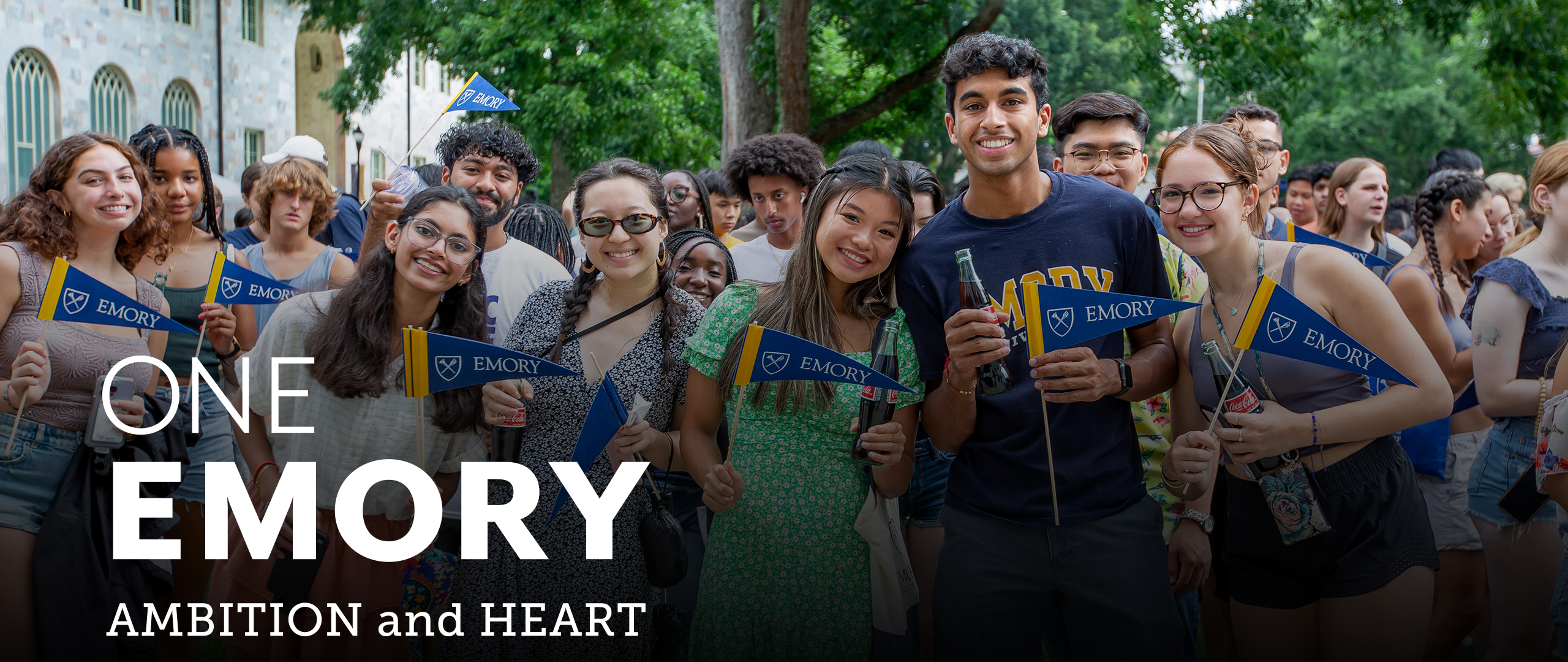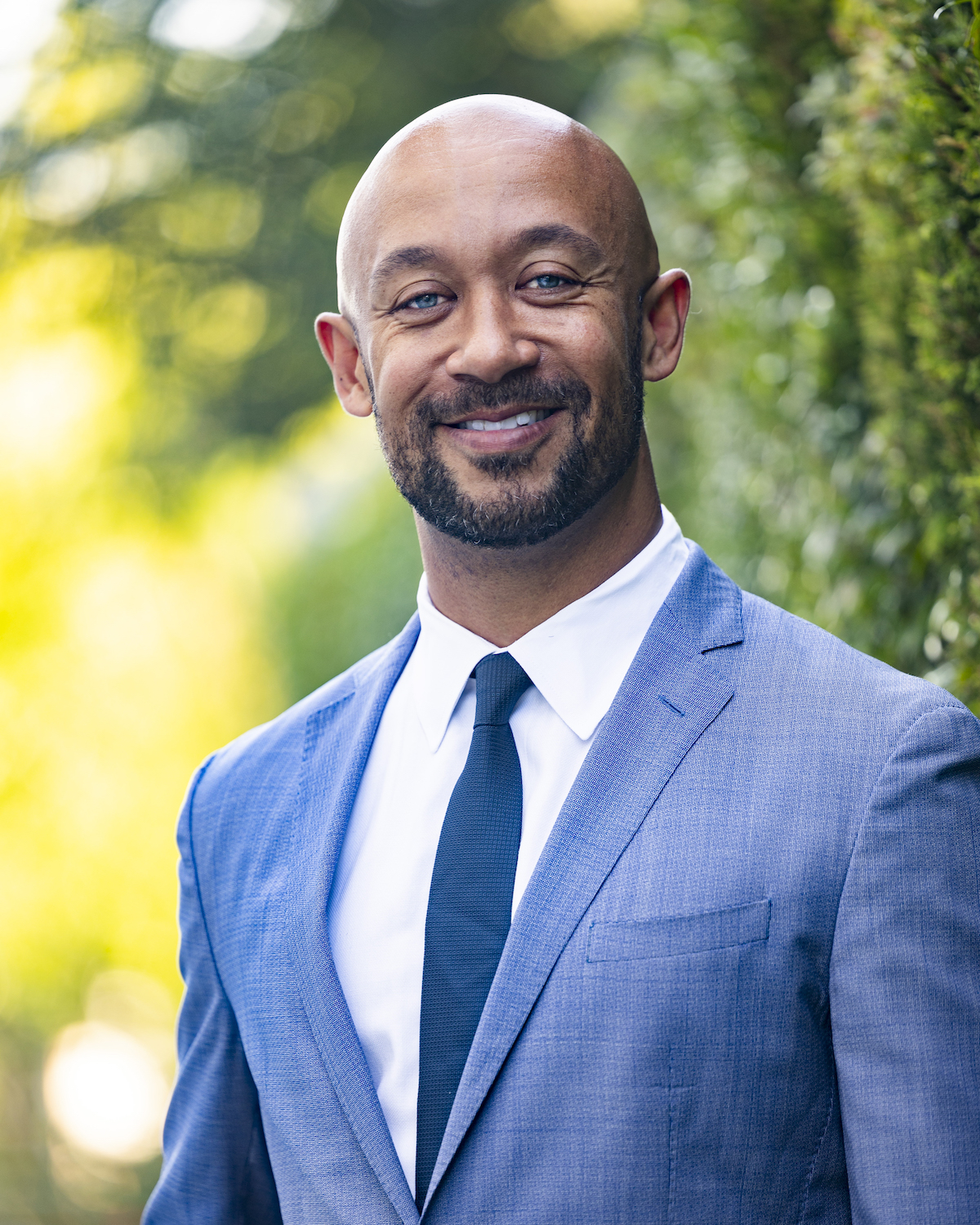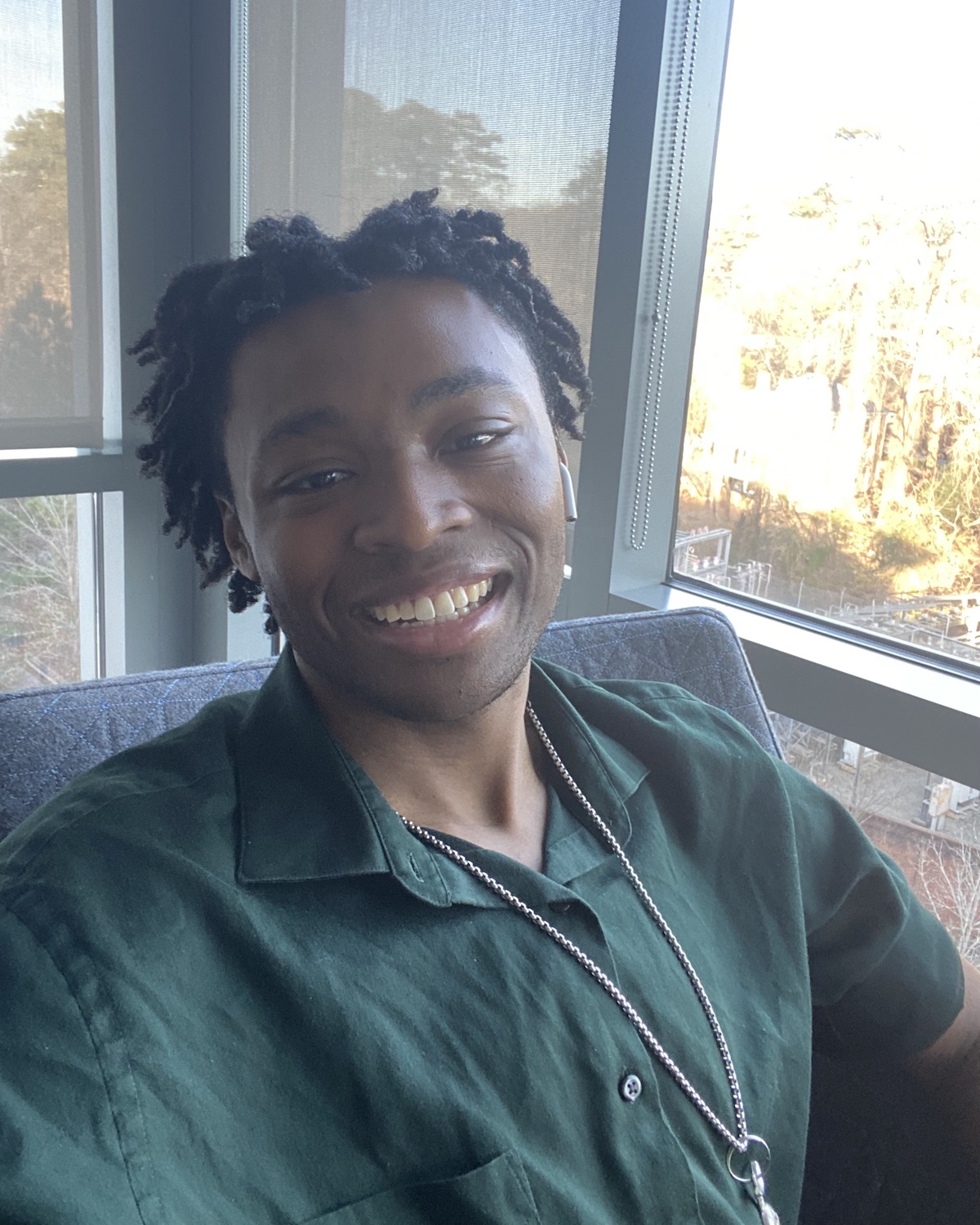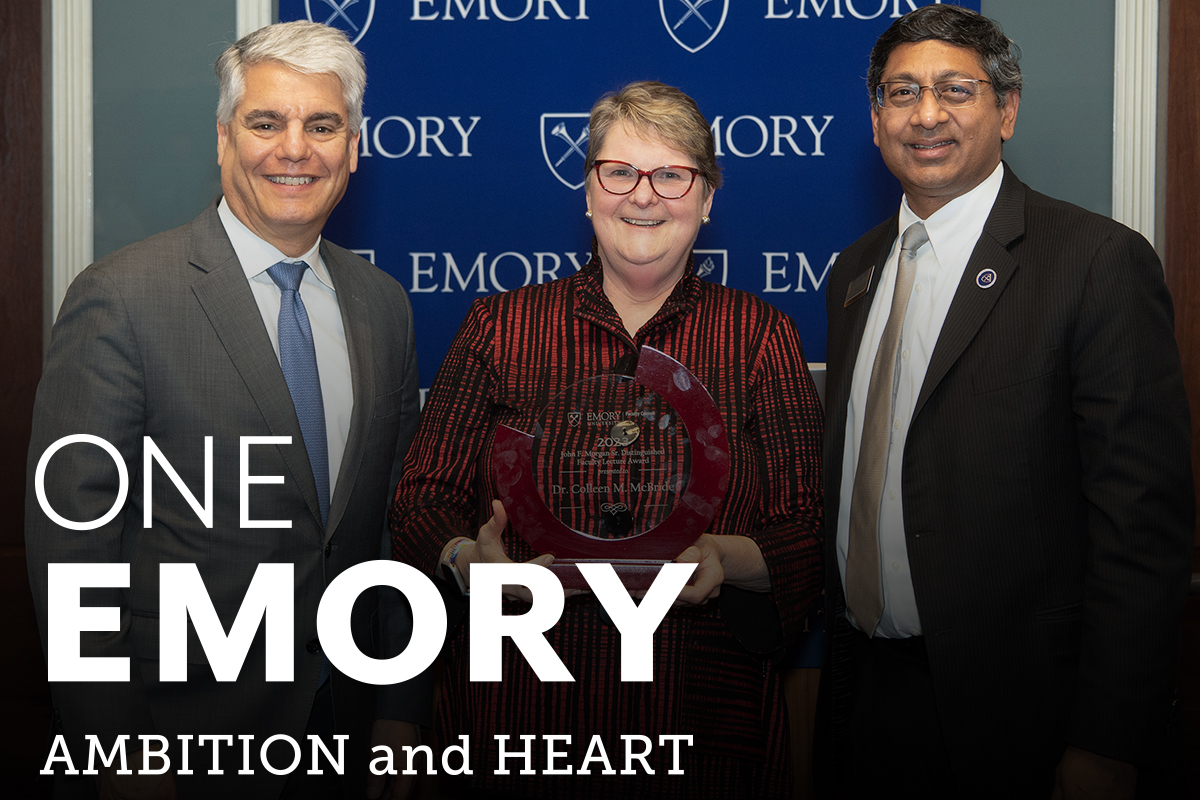
Academic Community of Choice: ‘Preparing students for a lifetime of purpose and success’
By Michelle Ricker Feb. 23, 2023Each week, Emory Report is featuring one of the six focus areas of One Emory: Ambition and Heart, the renewed strategic framework announced by President Fenves during the Feb. 7 Charter Week gathering.
“Academic community of choice is about students — providing them with a distinctive education that is rigorous, life-changing and tailored to their purpose at the undergraduate, graduate and professional degree levels; preparing them for a lifetime of purpose and success in whatever they pursue after graduation”
As Emory President Gregory L. Fenves introduced the renewed One Emory strategic framework, he emphasized that Emory must be an Academic Community of Choice for all talented students.
The One Emory framework will continue to elevate the university as a top destination for students:
- “One of our principal goals is to make Emory the first choice for undergraduate students,” the president said. “Emory has the potential to be an unrivaled destination for undergraduate education. And we are already seeing this in the increased number of applications and the talent of the classes on both the Atlanta and Oxford campuses.” The university will reach for a 97% first-year retention rate by 2024 while also improving Emory’s graduation rates.
- Under the leadership of Provost Ravi V. Bellamkonda in collaboration with the deans and Enku Gelaye, senior vice president and dean of Campus Life, Emory has introduced major Student Flourishing initiatives. These include the Pathways Center, the Emory Purpose Project, reimagined first-year courses that prioritize health and well-being, and hiring an inaugural leader for health, well-being, access and prevention.
- “To welcome dynamic and diverse students who know Emory is their home,” Fenves noted, Emory is building community through efforts such as expanding preorientation programs, reimagining and renovating student identity spaces, and creating the Emory Interfaith Center. The new spaces will open this fall.
- Emory is committing the resources needed to make the university accessible to students with financial need. Eliminating need-based loans last year reduced debt for an additional 1,600 domestic undergraduate students in the fall semester; there are ongoing efforts to raise endowment funding for student scholarships in the 2O36 campaign.
- Nearly half of Emory students are in graduate and professional schools, “and we are dedicated to enhancing their advanced education and making sure that Emory is the first choice for prospective graduate students,” Fenves said. Initiatives include a new on-campus housing complex just for graduate students.
“In short,” Fenves concluded, “I want Emory to be a place for learning that gives as much to our students as our students give to us.”
Building an Academic Community of Choice: 3 questions with Branden Grimmett of the Pathways Center
Branden Grimmett, associate dean of the Pathways Center and vice provost of career and professional development Kay Hinton, Emory Photo/Video
Grimmett’s previous experience building partnerships as associate provost of career and professional development at Loyola Marymount University in Los Angeles, California, made him the perfect candidate for developing the Pathways Center at Emory College of Arts and Sciences. At Emory, Grimmett serves as associate dean of the Pathways Center and vice provost of career and professional development.
The Pathways Center encompasses five offices: the career center, experiential learning, national scholarships and fellowships, pre-health advising and undergraduate research. The Center primarily serves undergraduate students but is available to all Emory students and alumni.
“It brings together existing units and offices to make the process of students pursuing postgraduate employment, research and further education smoother,” Grimmett says. “What we’re trying to do is make it both easier for students to navigate their time at and beyond Emory and also make it easier for employers and graduate institutions to better recruit our students.”
Q: What interested you about launching the Pathways Center at Emory?The Pathways Center helps demonstrate that things like experiential learning and job shadowing aren’t disconnected from the classroom — they’re intrinsically connected. When students engage in Emory’s rich liberal arts curriculum, they are simultaneously building the necessary skills to navigate a rapidly changing world. The Pathways Center will help them navigate next steps, whether that’s an internship, research experience, or full-time job. If there’s one question I’d like students to stop asking themselves, it’s, “What am I going to do for the rest of my life?” and instead start asking, “What am I going to do next?” This reframes the situation, reduces their stress and ultimately empowers them to make their own decisions.
Q: What differences are you seeing in the students’ lives when they engage with the Pathways Center?We just finished a retreat for sophomores called the Sophomore Summit where we took 60 Emory College and Oxford College students off campus for two full days. Students met alumni, faculty and even the producer of the Netflix shows “Chef’s Table” and “Cheer,” and ultimately came away with a lot more clarity about their future.
Through events like the Sophomore Summit, Emory and Oxford students are continuing to explore the curriculum because of Pathways Center, rather than quickly foreclosing on a major or minor or career. They’re making decisions when they’re ready, because they’ve taken the time to explore their core values and who they are foundationally before making these big decisions.
Q: President Fenves described providing students a distinctive, life-changing and tailored education. How is the Pathways Center different from advisor-advisee meetings, job boards or other resources that students could find on their own?It’s often said that you can tell how much a university cares about its students by how many resources they put into them, including their preparation for postgraduate life. Behind the Pathways Center are nearly 40 employees ready to help students navigate research opportunities, internships, full-time employment and other potential routes. One of our initiatives is providing internship funding up to $5,000 to help reduce systemic barriers. We also created a zero-credit internship option for the summer so students can receive academic credit for their experiences without needing to pay tuition for the experience.
Emory students, both now and moving forward, should feel extremely confident about the education they’re getting and the skills they are building to solve some of the world’s biggest problems . They’ll credit Emory and the Pathways Center for helping them launch and tackle those big problems. We’re also training those same students on how to give back to their community and to Emory. Our goal is that every student utilizes the full strength of the institution while also contributing their time, talent and expertise to help students that come after them.
Building an Academic Community of Choice: 3 questions with student Cody Nelson
Cody Nelson, third-year student majoring in human biology and anthropology Photo provided
“The position next to Atlanta allows for my experience as a student to be much more enriching than if I had gone to an in-state college. I chose Oxford because I thought a smaller campus would be the best way for me to integrate myself into college life,” Nelson says.
Through the Student Flourishing initiative and the Emory Purpose Project, Nelson participated in the Oxford Milestone Project, which is a new advising and reflection curriculum that encourages students to integrate knowledge from classrooms, co-curricular and lived experiences into deeper understandings of their purpose and future goals. This project culminates in an online portfolio that demonstrates how students see themselves growing into the future.
“Oxford provided an environment that prepared me mentally and allowed me to emotionally mature and better myself before I went on to do big things in Atlanta,” Nelson says.
Q: How did Oxford and the Emory Purpose Project help you to reflect on your experiences at Oxford College?The Purpose Project allowed a space for me to concentrate and reflect on all of my experiences. I forget some of the trials and tribulations that I have gone through, and this project has pushed me to recall and consider all the things that have made me grow as a person.
The project itself does not have to center around a student’s difficulties and issues but I grew as a person through those hard times because when under pressure I dig down and try to bring control back to my life. This reflects deeply in my project, which also examines the way I managed to bring myself peace after that.
Q: Has your reflection process changed or shifted your original goals?It hasn’t changed my goals, but I would say it helped keep me on track to work toward those goals. Though I still have time to change, so far I have the same major and same career goals and am taking rigorous classes while also working at a part-time internship.
This process has allowed me to balance all aspects of my life so I’m not cracking under pressure or failing to succeed in a particular area. I am not perfect, but reflection has helped me realize perfection is not the goal.
Q: What has surprised you the most about yourself or your journey during your time at Emory?As we grow up, I think we lose or give up a lot of things that no longer “serve us.” I might sound like a broken record, but my journey has included me looking deeper into myself and bringing back aspects of myself from my childhood, like reading and writing.
I was always a creative child but discarded it when I grew up because I didn’t have time or thought I didn’t need it; but as I tried to better understand myself, I went back to using the same tools and that ultimately made me a better person. Overall, I was surprised about what aspects of myself I would come back to as I got older.






